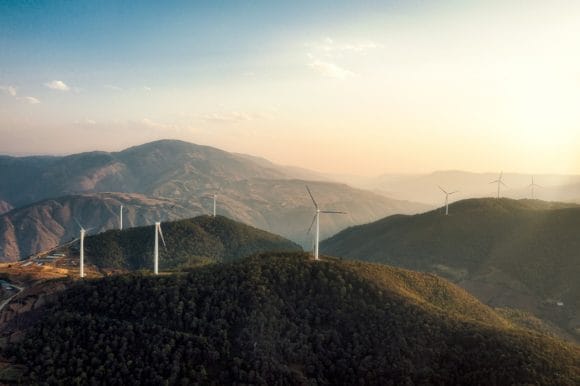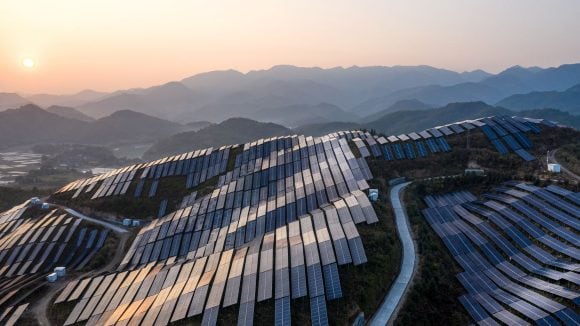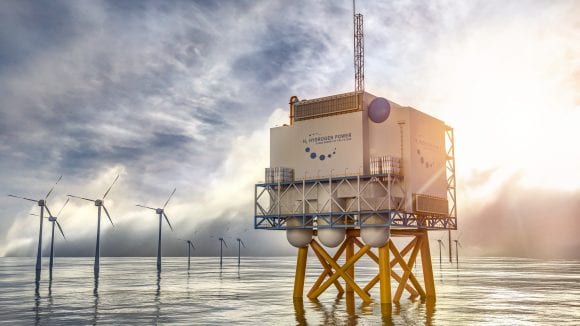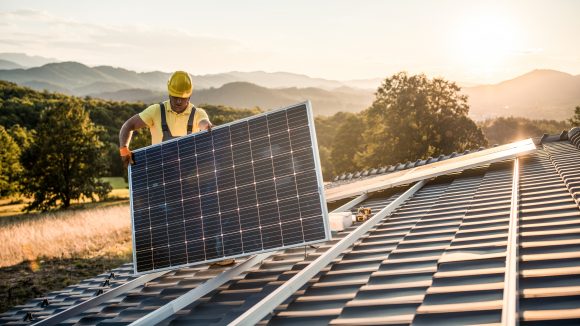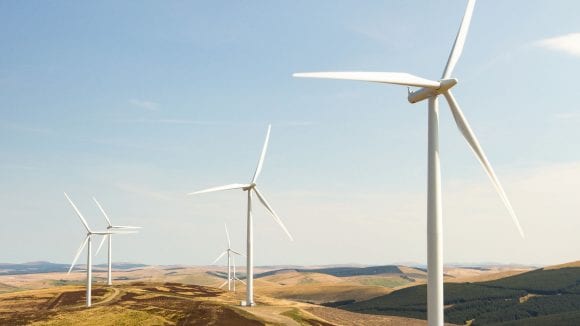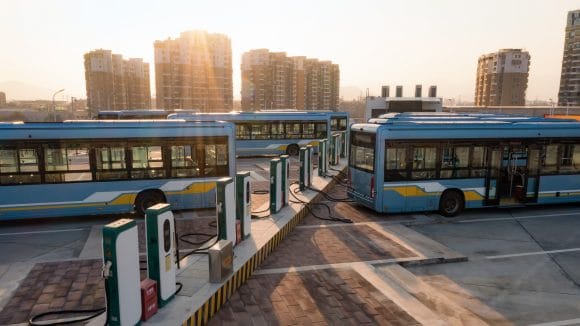Podcast
The bulletin with UBS on “Green hockey sticks”
A discussion on the importance of deploying and scaling climate tech to reach Net Zero

21 Oct 2024
Green hockey sticks. William Nicolle on how to analyze tipping points in key climate technologies
William Nicolle discusses why it is important for policy makers, corporate leaders and investors to understand where key climate technologies stand in their development and deployment and why capital is key scale them.
Executive summary
Deep, rapid, and viable decarbonization is possible only through climate technologies gradually outcompeting and replacing carbon-intensive incumbents. Successes exist—renewables already do this, and electric vehicles are following suit—but most remain commercially uncompetitive. Those close to commercial maturity offer high climate and commercial bang-for-the-buck.
The world is familiar with the theory of change. As solutions scale, typically their quality improves and costs drop, driving a self-reinforcing process of deployment. Eventually, a new technology improves enough to outcompete an incumbent, initiating a transition from old to new. The climate transition is no different; climate techs that facilitate greenhouse gas (GHG) emissions reductions, from wind turbines to rudimentary interventions that support nature’s proper functioning, need to scale by becoming ‘better’ than incumbent solutions. The sticking point is that most remain economically uncompetitive today;1 in almost every sector, the pace and scale of climate tech deployment is too modest to limit global heating to well below 2oC. Still, grounds for optimism exist.
Video

What the practitioners say
What the practitioners say
Climate goals demand the mass-scale rollout of technologies that reduce greenhouse gas emissions. Yet, technological barriers, high costs, supply-side bottlenecks, too little demand, and insufficient policy support combine to limit their competitiveness. The result: climate tech deployment remains far too slow to keep global heating well below 2oC.
Hear from entrepreneurs, practitioners, academics and more on why sustained collaboration, innovation, and investment is crucial to tackle climate tech’s funding gap.


